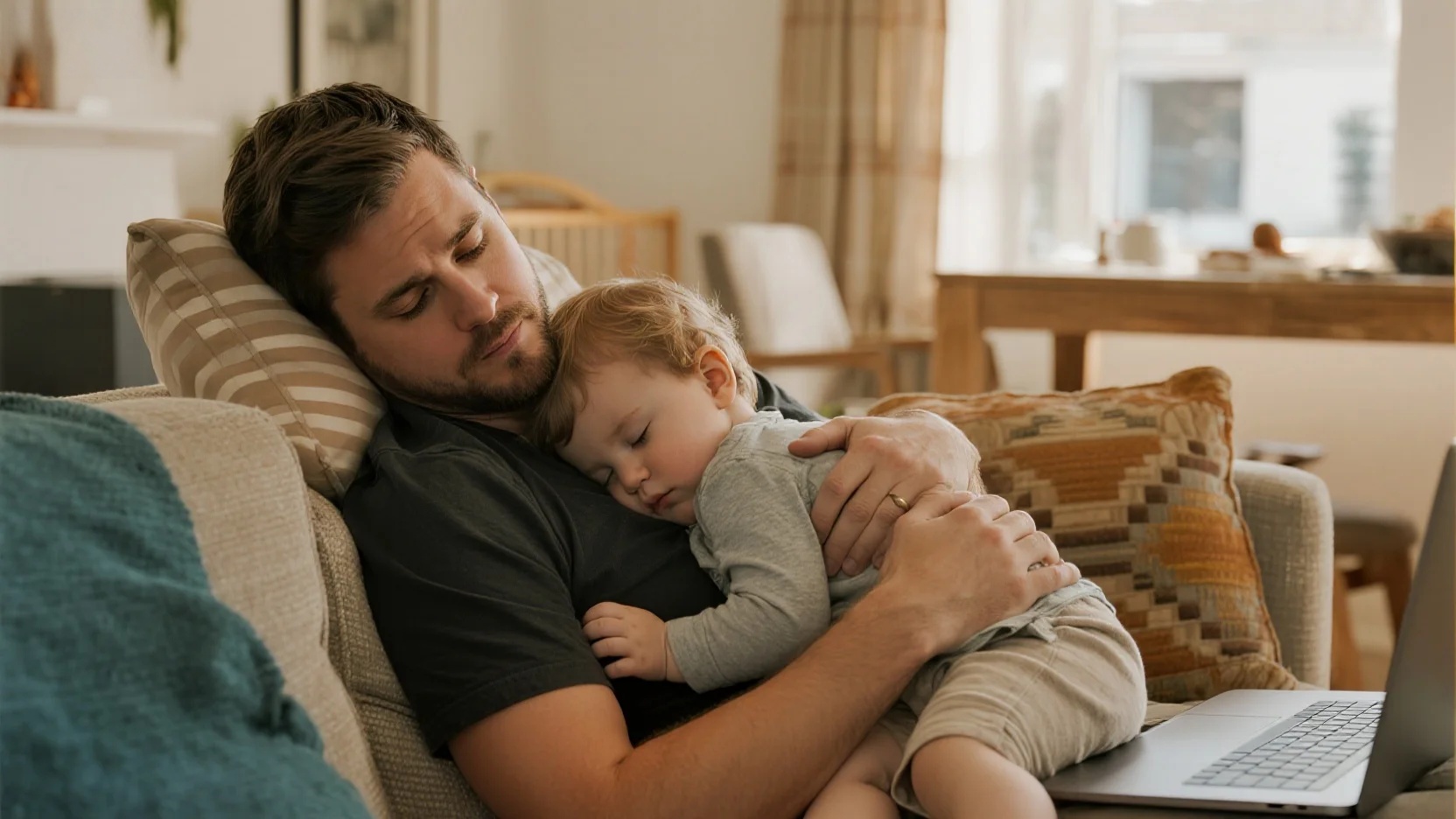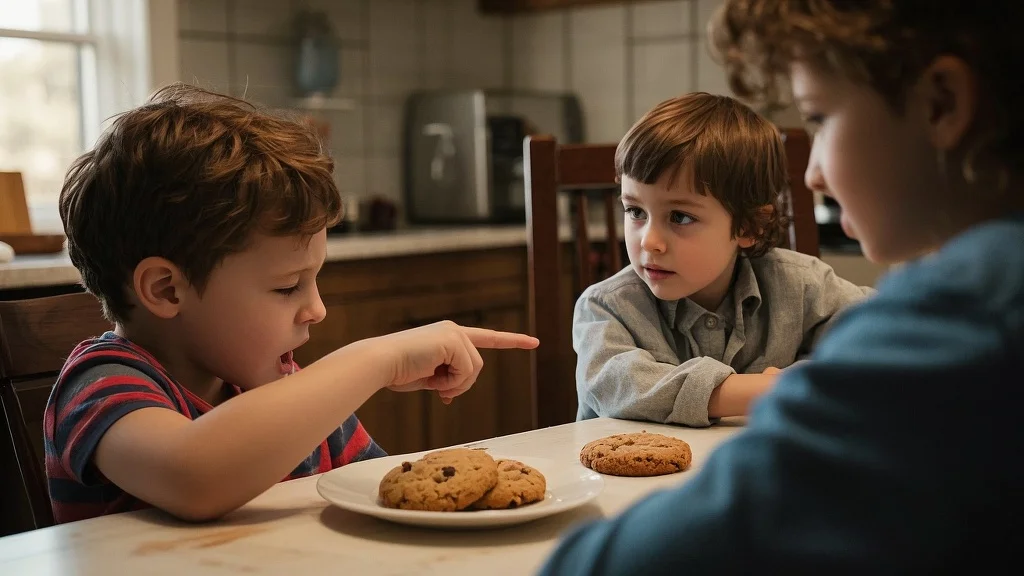Millennial dads are doing things differently—and it’s taking a toll.
While previous generations of fathers may have taken a more hands-off approach to parenting, today’s dads are stepping up in unprecedented ways. They’re changing diapers, making school lunches, managing bedtimes—and doing it all while holding down full-time jobs and battling burnout behind the scenes.
A recent Business Insider article highlights how millennial fathers are redefining parenting norms, but also confronting real emotional and mental fatigue. Their stories offer valuable insight into what modern fatherhood looks like—and why support systems need to evolve alongside it.
The New Dad Standard
Millennial dads—typically born between 1981 and 1996—are more likely to see parenting as a partnership, not a gendered duty. Many grew up watching their own fathers work long hours while their mothers did most of the parenting. Today, they’re determined to show up differently.
But being a present father isn’t always as simple as “being involved.” Many of these dads are also primary caregivers, household managers, and emotional anchors for their families.
And unlike previous generations, they’re often doing this without the traditional village: fewer extended family members nearby, more dual-income households, and high demands from both work and home.
Burnout Is Real—But Often Silent
One of the most striking themes from the dads interviewed was the lack of space to express exhaustion.
Many said they felt guilty admitting they were tired or overwhelmed—especially if their partners had given birth, were breastfeeding, or were also working. Some feared being seen as “less masculine” for saying, “I’m not okay.”
This internalized pressure leads to quiet suffering, even as these dads try to be emotionally available for their children.
“I love being a father, but I’m always drained,” one dad shared. “There’s no off-switch.”
Balancing Work and Home
Unlike earlier generations, many millennial dads work in industries with flexible hours but no boundaries—remote work, startups, gig platforms. This means they’re more physically present at home, but often mentally tethered to work 24/7.
The result? Half-done meals, missed connections with kids, and an always-on brain that never truly rests.
For working parents—especially dads trying to be equal co-parents—true work-life balance isn’t about splitting tasks 50/50. It’s about constant communication, flexible expectations, and shared emotional labor.
What These Dads Need (And What All Parents Can Learn)
Normalize Asking for Help
Mental health and parenting go hand in hand. It’s okay for dads to admit when they’re overwhelmed—and even more okay to seek help.
Redefine Strength
Strength in parenting isn’t about stoicism. It’s about showing up with vulnerability, apologizing when needed, and being emotionally available.
Create Shared Routines
Balance doesn’t mean perfection. Shared routines—even if uneven—can build trust and ease resentment between co-parents.
Build Support Systems
Whether it’s a dad group, therapist, or even a Slack chat—millennial fathers thrive when they’re reminded they’re not alone.
Final Thoughts
Millennial dads are not just helping with parenting—they’re doing the parenting. But without proper support, this generation risks quietly burning out in their efforts to “do it all.”
Their stories are not just cautionary—they’re calls to reshape parenting culture for all genders. One where emotional labor is shared, support is normalized, and balance is something everyone deserves.








